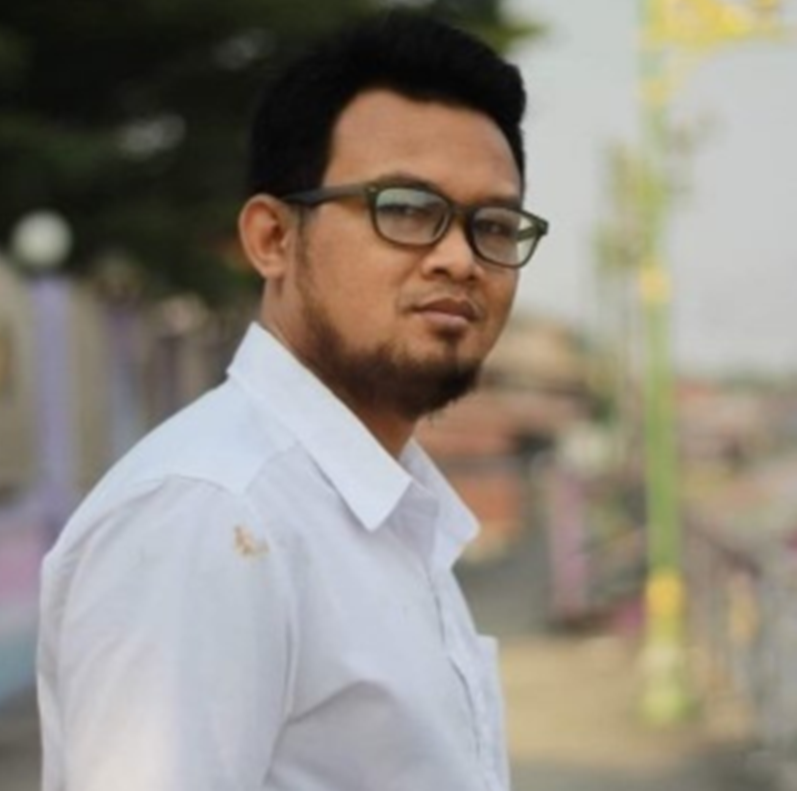Fate of Montagnard refugees in Bangkok hangs in balance after leader's expulsion
Despite being granted refugee status by UNHCR, the court granted Y Quynh Bdap's extradition request from Hanoi. The activist has filed an appeal and a new asylum request with the Canadian embassy. The ambiguous attitude of Thailand, which opens its doors to temporary reception but is not a signatory to the UN Convention, offers no real guarantees.
Bangkok (AsiaNews) - The Thai authorities have decided in recent days to expel Y Quynh Bdap, a well-known Vietnamese activist for the defence of his country's ethnic minorities and founder of the organisation Montagnards Stand for Justice, which among other things works to document for the United Nations the limits imposed by the Vietnamese authorities on religious activities and fundamental freedoms.
Y Quynh Bdap has been in Thailand since 2018 with recognition from the UN High Commissioner for Refugees (UNHCR). If he is actually deported, a 10-year prison sentence awaits him after he was found guilty in absentia of terrorism in Vietnam in January.
The Bangkok court's decision upheld the extradition request submitted by Hanoi for the activist's alleged involvement in last year's attack on police posts in the area of north-central Vietnam inhabited by the 30 or so different ethnic groups commonly referred to as Montagnards (mountain people).
On 1 October, the day before the verdict, the activist had met with officials from the Canadian Embassy to whom he had applied for asylum. He based his hopes for a more favourable solution to his case on this, as well as on an appeal based on the risk of human rights violations upon return.
Many have expressed concern about the fate of the 32-year-old activist, but the affair is a confirmation of Bangkok's treatment of those who have sought refuge in the country that is not a signatory to the UN Refugee Convention, even though it is more open than others to temporary reception.
In the recent past, groups of refugees from the persecuted Rohingya ethnic group in Myanmar have been repatriated against their will, as have ethnic Uighur Chinese fleeing from Xinjiang province, Hmong fleeing persecution in Laos and Christians facing discrimination and threats in Pakistan. The presence of refugees trying to save themselves from conflict or political and religious persecution is a source of embarrassment for Bangkok, despite the international contribution to assistance, and bilateral relations with the countries of origin often lead to the decision to forcibly repatriate contingents of refugees.
Last week, the rejection by a large parliamentary majority of the proposed law on the integration of ethnic minorities, of which there are about sixty and a total of 10% of Thailand's population, also caused perplexity and some dissent. In several cases they have been subjected to discrimination, forced removal from their lands and exclusion from fundamental rights. The reason given by a conservative MP is that the recognition of ethnic groups as ‘indigenous peoples of Thailand’ could have been ‘unfair’ to the Thai majority.







.png)










